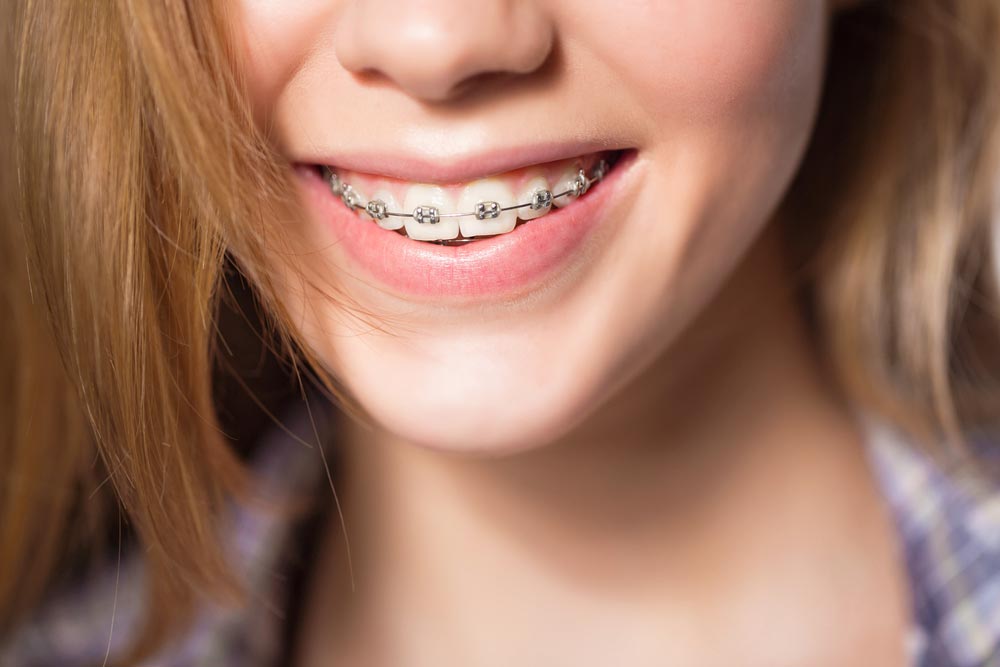Getting braces can be a significant investment in your oral health, but it also requires some adjustments in your daily routine to keep your teeth and braces in good condition. The brackets and wires of braces make it more challenging to clean your teeth effectively, and neglecting your oral hygiene can lead to cavities, gum disease, and other oral health problems. However, with some simple tips and advice from a qualified Sonora dentist like Dr. Liggett at Morning Star Dentistry, you can keep your teeth healthy while undergoing orthodontic treatment.
In this blog, we will discuss some of the best practices for caring for your teeth with braces. Dr. Liggett’s insights and recommendations will help you maintain good oral hygiene, prevent cavities and gum disease, and ensure that your braces treatment is successful.
Brush and Floss Regularly:
1: The most crucial aspect of caring for your teeth with braces is to brush and floss regularly. Braces can trap food particles and bacteria, increasing the risk of tooth decay and gum disease. Brushing twice a day with a soft-bristled toothbrush and fluoride toothpaste can help remove plaque and prevent cavities. Flossing once a day is also essential to clean between the teeth and around the braces’ wires and brackets. Dr. Liggett recommends using a floss threader or orthodontic floss to make flossing with braces more comfortable.
Avoid Hard and Sticky Foods:
2: Eating hard and sticky foods can damage your braces and make it harder to clean your teeth. Dr. Liggett advises avoiding foods such as popcorn, nuts, hard candy, and chewing gum, which can break your brackets or wires. Instead, opt for soft foods that are easy to chew, such as cooked vegetables, fruit, and lean protein.
Use Orthodontic Wax:
3: Braces can cause discomfort and irritation, especially during the first few weeks of treatment. If you experience discomfort or soreness from the brackets or wires rubbing against your lips or cheeks, Dr. Liggett recommends using orthodontic wax to provide a protective barrier. The wax can help reduce irritation and prevent sores from developing.
Attend Regular Check-Ups and Hygiene Appointments:
4: Regular check-ups with your dentist or orthodontist are essential during orthodontic treatment to monitor your progress and ensure that your teeth and braces are in good condition. Dr. Liggett advises scheduling appointments every six to eight weeks to check the braces’ fit and make any necessary adjustments. These check-ups can also help prevent oral health problems and ensure that your treatment stays on track. Additionally, regularly attending your cleaning appointments is recommended while you have braces.
Use a Mouthguard for Sports:
5: If you participate in sports or other physical activities, wearing a mouthguard can help protect your teeth and braces from injury. Dr. Liggett recommends using a custom-fitted mouthguard that provides optimal protection and comfort.
Conclusion
Caring for your teeth with braces requires some extra effort and attention, but following this Dr. Liggett’s guidance can help make the process more manageable. By brushing and flossing regularly, avoiding hard and sticky foods, using orthodontic wax, attending regular check-ups and cleaning appointments, and wearing a mouthguard for sports, you can maintain good oral hygiene and ensure successful braces treatment.


